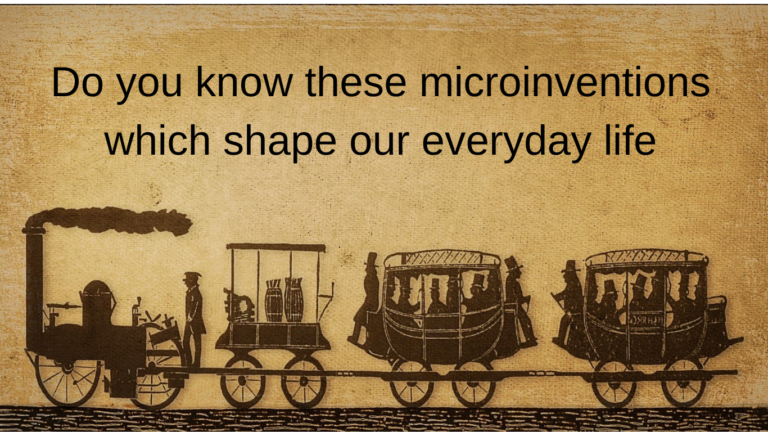An AI Tool Can Now Predict Cancer Survival Rates Using a Single Selfie
The inception of artificial intelligence had brought a lot to the table. It is revolutionizing healthcare with groundbreaking tools that enhance diagnosis and patient care. One such innovation is an AI-powered tool capable of analyzing a simple selfie to predict cancer survival rates and information about patient’s overall health.
Researchers at Mass General Brigham created an AI Tool called ‘FaceAge,’ a new deep-learning tool that can read selfies and figure out tumors in medical scan faster than ever before. It estimate a person’s biological age just by using a simple, low-cost photo of their face or just by physical appearance. With the arrival of this tool, AI is playing a bigger role in the fight against cancer.
Researchers at Mass General Brigham said, “We found that, on average, patients with cancer look approximately 5 years older than their chronological age and have a statistically higher FaceAge compared with clinical cohorts of patients without cancer who are treated for conditions that are benign or precancerous.”
How old someone looks compared to their chronological age really matters—individuals with FaceAge that are younger than their chronological ages do significantly better after cancer therapy. Therefore, a study in The Lancet Digital Health found that cancer patients in palliative care looked about five years older than their actual age and those whose FaceAge appeared older than their actual age tended to had worse survival outcomes.
ALSO READ: This AI Startup created Invisible Application for Cheating, Secured Funding of $5.3 Million
Everyone ages at a different pace, depending on factors like genetics, diet, stress, smoking, and alcohol. These can affect how our body functions over time. That’s why a person’s appearance can sometimes give better insights into their true biological health than their actual age as biological age tells about how old your body really seems, based on your health, not just your birth date.
That’s why an AI Tool known as FaceAge was developed that uses your facial features like skin texture and lines to estimate your biological age. And based on this biological age it can predict various health parameters. This helps doctors understand your overall health and how strong your body might be when fighting diseases like cancer. Moreover, this tool can predict survival outcomes more accurately than clinicians.
The launch of FaceAge has been game-changer in the healthcare industry, especially in cancer care. However, there are some uncertainties associated with the tool. For example, it was preliminary tested on white people so how other factors like makeup or peoples appearance could shape the result of the tool is not known.
But the researchers are now working with more hospitals and cancer patients at different stages to test how well FaceAge works. They’re also checking if things like plastic surgery or makeup affect its accuracy.
The arrival of FaceAge marks a significant advancement in the healthcare industry. Co-senior author Ray Mak, MD, a faculty member in the AIM program at Mass General Brigham said it “opens the door to a whole new realm of biomarker discovery from photographs and its potential goes far beyond cancer care or predicting age.”







